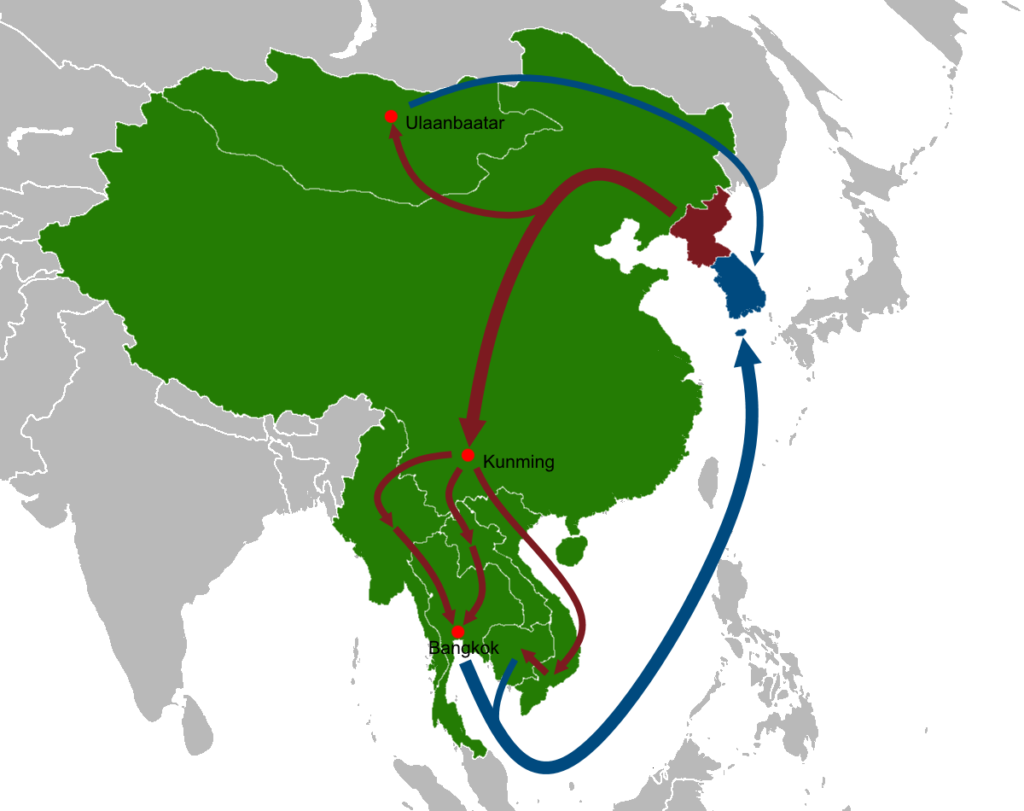The Peninsula
Reports of Defector Dissatisfaction Raise Questions About Resettlement Process

This briefing comes from Korea View, a weekly newsletter published by the Korea Economic Institute. Korea View aims to cover developments that reveal trends on the Korean Peninsula but receive little attention in the United States. If you would like to sign up, please find the online form here.
What Happened
- Since 2015, 12 North Korean defectors in South Korea were caught trying to return to North Korea.
- During the same time period, 64 defectors applied for refugee status in Europe and the United States despite receiving settlement in South Korea, according to new government data.
- According to the 2018 Settlement Survey of North Korean Refugees in South Korea, 72.5% of North Korean refugee respondents were satisfied with life in South Korea.
Implications: With cases of North Korean defectors attempting to leave South Korea, Seoul will likely focus more heavily on social integration when formulating its resettlement policies going forward. Following the incident in August when a defector and her son starved to death, the inquiry initially focused on whether public services are materially failing this community. But survey data revealed that defector dissatisfaction was not predominantly driven by economic conditions. Most defectors cited difficulties separation from family back in North Korea (27.4%) and discrimination and prejudice (18.3%) as principal challenges to integration. Only 14.9% of respondents cited economic difficulties.
Context: The number of North Korean defectors to South Korea has fallen since Kim Jong-un came to power seven years ago due to tighter border controls. As of June 2019, 33,022 North Korean defectors live in South Korea. Although still a relatively small community, research by Steven Denney (University of Toronto) and Chris Green (Leiden University) show that there is variation within this community’s attitudes towards South Korea. Denney and Green attribute this to people older than 55 having a different resettlement experience than their younger cohorts. Specifically, they hypothesize that the need for younger age defectors to compete with native-born South Koreans for jobs, build social networks, and substantively integrate into South Korean society negatively influence their resettlement experience and feelings of ethnic solidarity.
Korea View was edited by Yong Kwon with the help of Soojin Hwang, Hyoshin Kim, and Rachel Kirsch.
Picture from Ceosad on Wikimedia Commons
